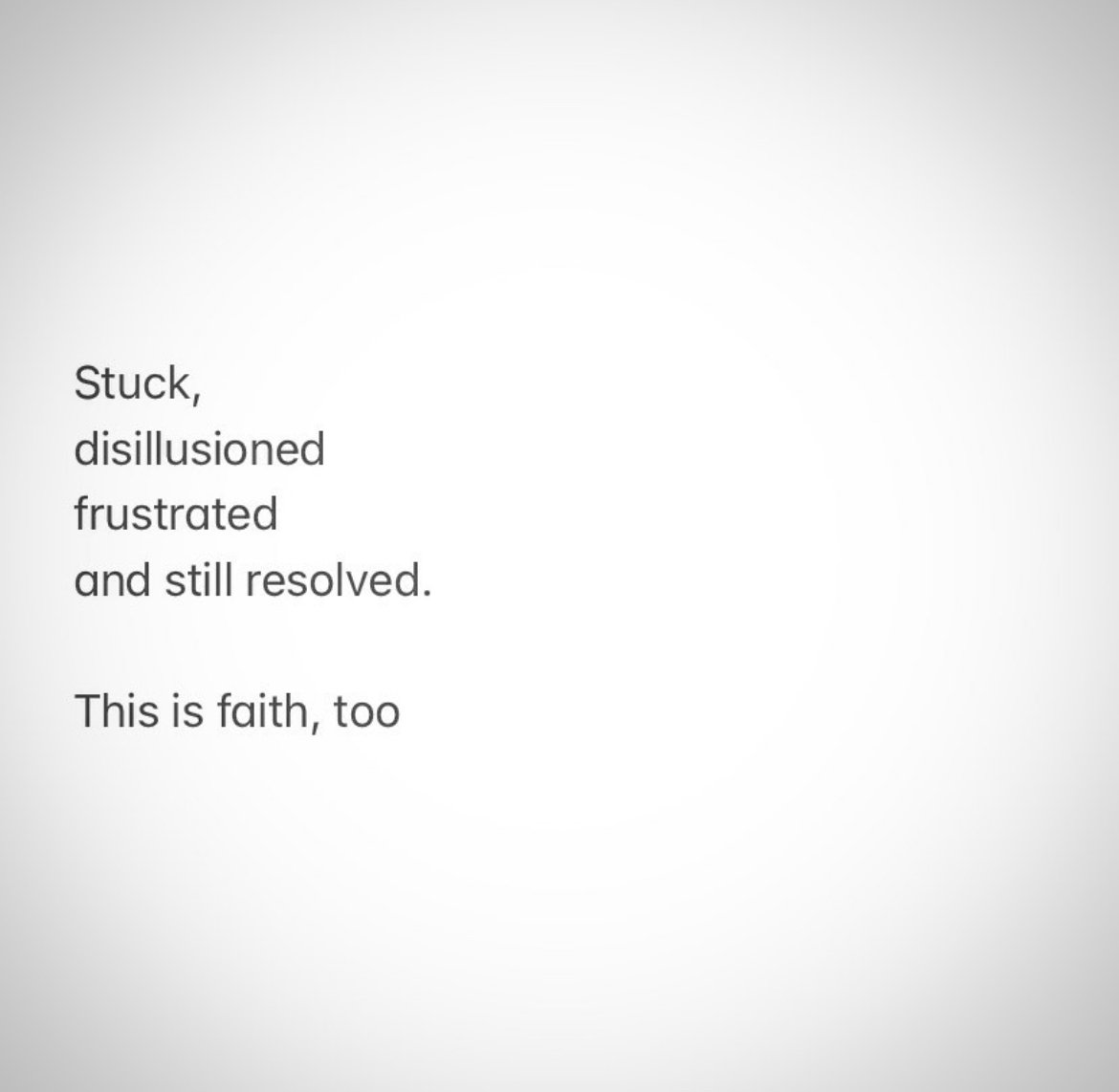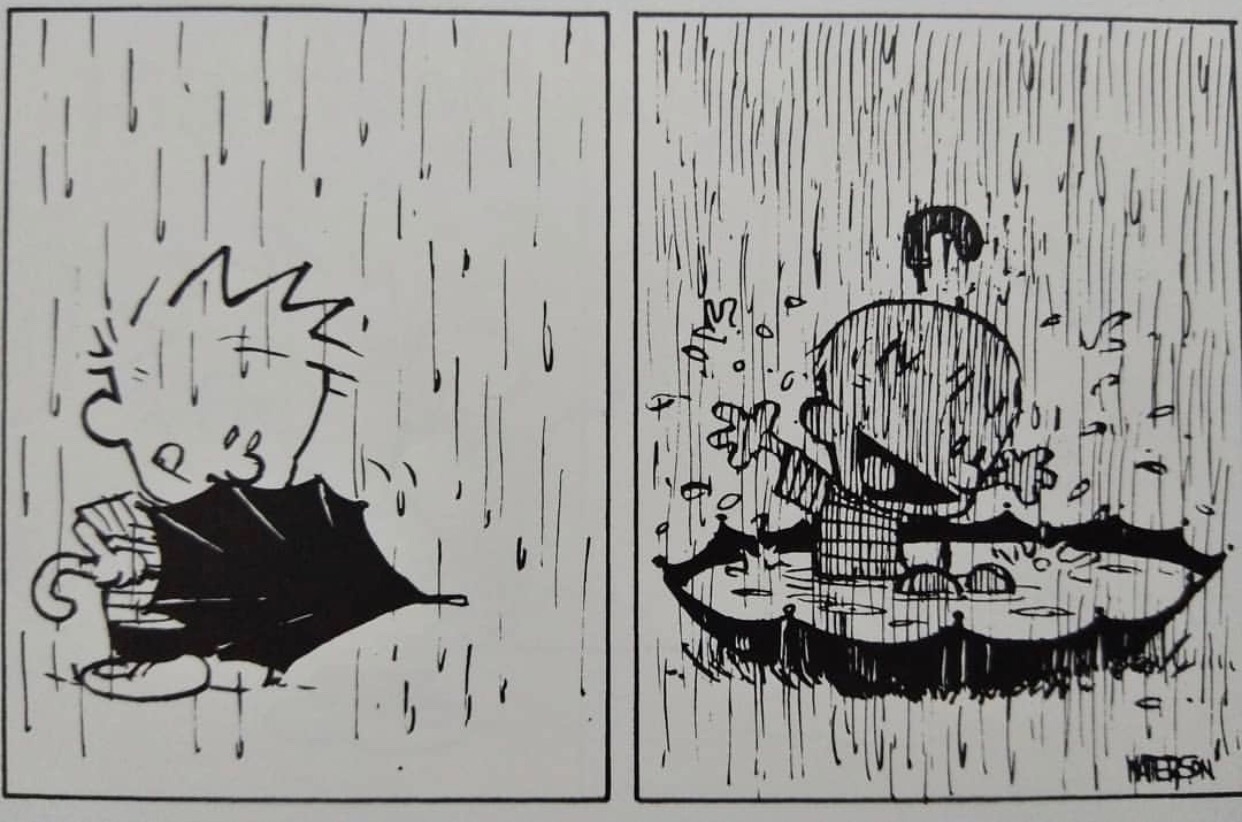Being the “difficult child” is hard. Being the parent of the difficult child is even harder. Especially, I think, for moms.
Growing up, I was the difficult child. I had a temper, was rambunctious, and rough. My grandfather used to say that when I walked into a room, things would explode. My siblings simply named me “the animal.”
Yet, most of the time, I was unaware of my difficulty. I would notice that I wasn’t invited to certain events or not allowed in people’s homes or backyards, but it didn’t really bother me because, well, there were forts to build, bb-guns to shoot, and ponds to play in. I got busy. And, in the end, I turned out alright . . . I think.
My second son is much the same way. He too is rough, has “big emotions” as we say, and has difficulty filtering his thoughts and ideas. He isn’t quiet, controlled, or easy. He is all boy, all the time. And just like me, this means he isn’t invited to certain events or allowed to play with particular toys.
Most of the time he doesn’t seem to be bothered by it largely because he isn’t aware of it. Mom, however, is. And it is breaking her heart.
Not only is she the one who has to field the many-times-asked question, “Is something wrong with your son?”, she also has to endure the knowledge that he wasn’t invited to this birthday party, that swimming lesson, or that overnight party because “he’s just too hard.” She has to protect him, from the hurt that surrounds him and from the unfair - or at least incomplete - perception of those who know him, including family.
More than anyone, she is his defender.
After the most recent event, where my wife called me crying in frustration, fear, and hurt - for my son and for herself - a few things crystalized, and I thought I’d share them here, with you.
As an educator, whenever I call a parent into my office or classroom to discuss their “difficult child,” I must remember that whatever it is I have to say is not new information to them. They, more than anyone, understand the difficulty of their child - they live with them, after all. So although I need to talk with them about the situation at hand or the plan moving forward, spending a great deal of time talking about their child’s strengths, their gifts, and their talents is imperative! Moms of difficult children hear often why their child is difficult. Rarely do they hear why they are loved. And it is my job to not only see that, but to celebrate it, loudly and sincerely. For the child’s sake, and for mom’s
I can confidently say that by and large, difficult children have defensive mothers. At times, and perhaps more often than I would like to admit, as an educator, this has irritated me (“Can’t they see I’m here to help!"). And if I’m really honest, on more than one occasion, it has even caused me to think, “The apple doesn’t fall far from the tree.” Which is terrible.
Recently, however, I have been reminded that the parents of a “difficult child” are not difficult, they are protectors. They have seen their child picked on, overlooked, and stigmatized - even by his or her surrounding family! And they are tired of it. Exhausted from it. And at times, they are ready to fight back.And I need to let them.
“If I don’t defend him,” I have heard my wife say on more than one occasion, “If I don’t protect and support him - if I don’t love the hell out of him - who will?”
No one will. At least not like Mom can.
So instead of getting defensive, of being in any way judgmental toward a parent who comes into my office guns blazing in defense of their “difficult child,” I want to be patient and understanding. I want to relieve them of their burden and of their need to defend and fire back, not give them another reason to reload.Yes, their child is causing disruption in the school and classroom, but they are still loved, safe, and wanted. That is what I want my parents of “difficult children” to hear from me. Because I can almost guarantee they won’t hear it anywhere else.
“There is something worse out there than being sad,” Tedd Lasso said to his team, “and that is being alone and being sad.” Parents of “difficult children” are not only sad, they are also alone. They too are no longer invited to events or welcome for quick stop-ins. They are often excluded because of their “difficult child,” leaving them to struggle, suffer, and cry alone.
Even when they are invited to an event or playdate, instead of engaging in conversation or enjoying a few drinks on the patio, they spend their time watching their child, fearful they will say or do something embarrassing or hurtful - something that will affirm the stigma. So Mom will sit, eyes and ears half attentive to the conversation at hand, and listen, worry, and anticipate the “difficult child” that is sure to come.
And when those moments come, moms of “difficult children” feel, very accurately, the judgment and criticism. They know their child is causing a disruption, and they know it is their job to help them grow and learn and change. Which only makes Mom feel more sad and more alone. Because they don’t know what to do, and they blame themselves.
Empathy often springs from experience. When we experience pain, sorrow, hurt, and loss, we grow in our ability to understand it in others. We build empathy.
Sadly, it took me having to become a parent of a “difficult child” to better understand those parents who have entered my classroom or cried in my office. For although I practiced the words of empathy I did not carry the heart of it. And I can only assume that they felt that void, that distance, that affirmation of aloneness.
Not anymore. And strangely, I am thankful for that.
To all those parents who have been tasked with guiding and loving the heart and mind of a “difficult child,” my heart aches for you. And it understands you, if only just a little bit more.
Which is why, in case you need it, here is your affirmation and charge to go out and defend the hell out of your child! Love them, protect them, and cry for them. Be their parent, in all the best ways that you know how, and be confident that you - YOU - were given this beautiful task of raising them. Be confident in that, and in them.
But also, give grace to those of us who don’t fully understand you, or your child. Us educators, we truly do love and want what is best for you and your child, it’s just that we can be a bit hard-headed and narrow-minded in our experiences and thus our empathy, at times. But we can learn. We can grow. And because we love you and your child, we are more than willing to do so.
I have often said that being a better educator does not make me a better father., but being a better father does make me a better educator.
I believe that now, more than ever.
#doGREATthings!
Give. Relate. Explore. Analyze. Try.
For more on . . .









